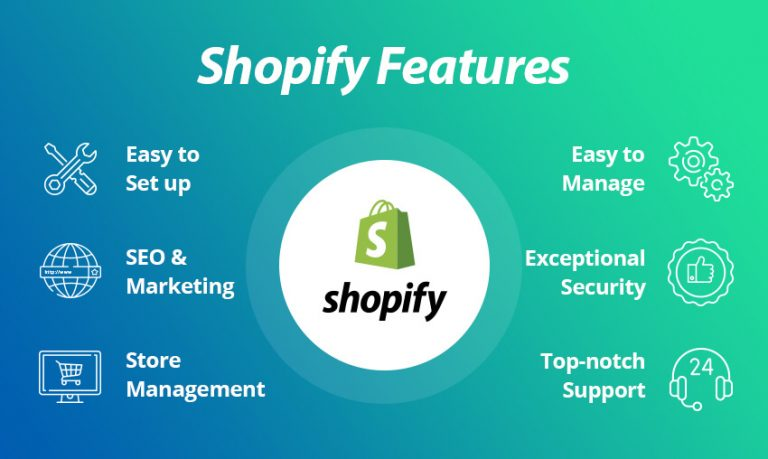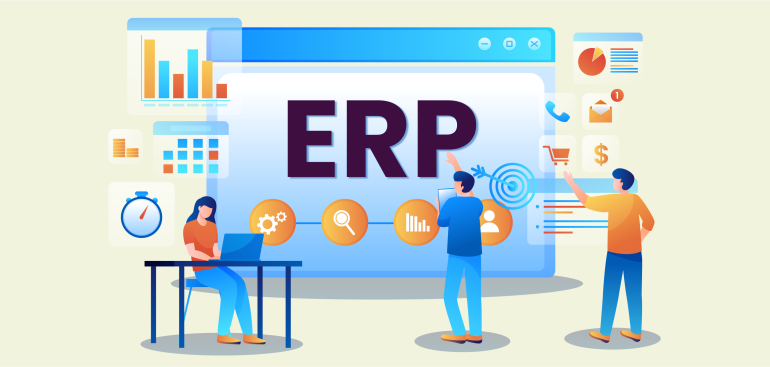Starting an online store can be daunting for any businessman or entrepreneur who is a novice to online marketing. Still, if there is any platform with which you can easily start, as the platform streamlines the process of making, selling, and analyzing, creating an online presence will not be a bigger task for you, so today we are going to discuss one such platform which will make your this complex task easy, the platform is Shopify. At present, Shopify is a leading e-commerce platform, that strengthens entrepreneurs to create, customize, and manage their online stores with a few clicks. With the help of this platform, you can sell your products online, in-person, and in local markets through various marketplaces (online and physical) and social media channels. It becomes the perfect choice for both beginners and experienced online retailers.
Plans offered by Shopify
There are several Plans offered by Shopify, which can be billed annually or monthly. So basically it is offering 4 Subscription plans the first one is Basic, which is perfect for solo entrepreneurs and comes with basic features required to start a new journey such as 24/7 customer support, 10 inventory locations, localized global selling, POS lite, and 2% card rates. The second plan is Shopify, which is suitable for small teams. This plan comes with all the benefits of the Basic plan but with some variations such as in this plan, card rate is 1% and 5 additional accounts.
The next plan is Advanced which is best as your business scales. In this plan, you will get all the benefits of a Shopify plan with some variations, like a card rate is 0.6%, custom report and analysis, enhanced 24/7 customer support, you can add extra market at the best price, 10 extra additional staff accounts, and checkout capacity. The last Subscription plan is Plus which is suitable for complex businesses, under this plan, you will get all the benefits of the Advanced plan with some extra add-ons – there are competitive card rates, 200 inventory locations, priority customer support, 50 localized markets, unlimited staff accounts, fully customized checkout capacity and more. It offers 3 days free trial after which you will be charged for a small amount in the first month.
Features of Shopify
It offers various features to help you build, manage, and grow your online store. Once you sign up and choose the desired plan, you can do Store Customization – you can choose from a variety of themes and templates to give a unique and professional look to your store. Themes and templates are fully customizable, you can adjust design, layout, functionality, colors, fonts, and layouts to align with your brand identity. With the help of a drag-and-drop facility, you can customize the store without the requirement of coding knowledge.
You can easily add and rearrange the visuals to create a unique and engaging store interface. The second feature is Product Management – You can easily add, edit, and organize your product listings, you can also edit the descriptions, images, and variants. Its inventory management system allows you to track stock levels in real-time, you can also set notifications for low stock and can manage inventory across various locations. The third one is Payment Processing – Shopify supports multiple currencies and payment methods, so you can easily receive payments from customers across the world, you can also integrate third-party payment gateways like PayPal to provide flexibility to customers regarding payments. The platform also has an in-built fraud analysis tool so that it can help you to identify fraudulent activities.
Shipping and Fulfillment: – You can configure shipping rates based on location, weight, and order value. It offers various options such as free shipping, flare rate, and real-time carrier rates. You can also print shipping labels from the platform, and the platform can also integrate with third-party fulfillment services to automate the delivery process. Beyond these features, there are some features, from which you can get benefits such as marketing and SEO activities, Analysis and reporting, mobile app, and robust customer support.
Conclusion
So while wrapping up, creating an online store on Shopify involves various steps from signup to continuous optimization as per the requirements. But yes, if you provide value to your customers, and build trustworthy and loyal relationships with your customers, your store’s performance will increase constantly. Shopify provides the tools and support, that you need to scale your existing business or to start your online store.







